“I could have stayed in Lausanne after my law degree and spent my life there working as a lawyer. It would not have changed the course of history.” This is what Jean-Luc Benoziglio told a journalist in 2012, a year before his death. He did not remain in Lausanne but instead spent almost his entire life in Paris and became an advocate of the “nouveau roman” as an author. This is a style to which his early novels produced between 1972 and 1978 – “Quelqu’un bis est mort”, “Le Midship”, “La Boîte noire”, “Béno s’en va-t-en guerre” and “L’Ecrivain fantôme” – were dedicated, books which only proved popular in insider circles despite their incredible craftsmanship.
In 1980, when his sixth novel, “Cabinet portrait”, was published, Benoziglio wrote on the jacket: “A victim of underhand pressure exerted upon him, the author finally provides us with a sixth novel in which the sentences are short, parenthesis is rare, there are lots of paragraphs and the punctuation marks are roughly in the right place, and all of this in a story of biblical, novelistic simplicity.” The change of direction paid off as the story of an author left by his wife who resides in miserable back rooms and searches for his origins in a multi-volume lexicon – this disingenuous, humorous book, which in reality did not bid farewell to the “nouveau roman”, but instead brilliantly popularised it – won Benoziglio the Prix Médicis. And the most surprising thing was that the reserved author revealed a great deal about his origins for the first time.
Born on 19 November 1941 in Monthey, canton of Vaud, as the son of Nissim Beno, a Jewish psychiatrist who had emigrated from Turkey, and an Italian mother who was a strict Catholic, after his law degree he became a publishing editor for a whole host of prestigious Parisian publishing houses, which included “Editions du Seuil” in whose avant-garde series “Fiction & Cie” fifteen of his books were published.
Switzerland and Judaism
Though long since naturalised as a French citizen, Benoziglio did not forget Switzerland or his Jewish background. “You do not spend your first 25 years in a country, canton or city without being deeply influenced by it,” he once remarked.
The genocide of the Jews is also a continually recurring theme, though he knew how to surprise by always presenting new perspectives. In “Le jour où naquit Kary Karinaky” (1986) meetings take place in parallel at the height of the Cuban Crisis at the White House, in the Kremlin and in a Parisian school where the fate of the poorly performing pupil Kary is at stake. “Peinture au pistolet” (1993) provocatively deals with Switzerland’s refugee policy between 1939 and 1945 and with the unrest in Paris in May 1968. “Le feu au lac” (1998) is a harrowing literary remembrance of the Holocaust, while “La pyramide ronde” (2001) gives a literary life to a despotic Egyptian pharaoh. Benoziglio’s last book finally leads back to Switzerland – “Louis Capet, suite et fin” (2005). This novel supposes that the French national assembly did not sentence Louis XVI to the guillotine in 1793, but instead banished him to exile in Switzerland. Here, the former king living under the bourgeois name of Louis Capet does indeed meet his historical end by fracture of the neck but only when he falls down some stairs.
Charles Linsmayer is a literary scholar and journalist in Zurich.
“For me writing comes from writing, through the association of ideas and words. I love surprising myself. What would the pleasure in writing be otherwise? Sometimes I only have ideas ten seconds before I write them down. And when I read through what I’ve written, I tend to cross things out rather than add anything.”
Interview with “Le Temps”
16 April 2005
Bibliography: “Le feu au lac” has been translated into German by Gabriela Zehnder as “Das Losungswort”, which is available from “Die Brotsuppe” publishing house in Biel.
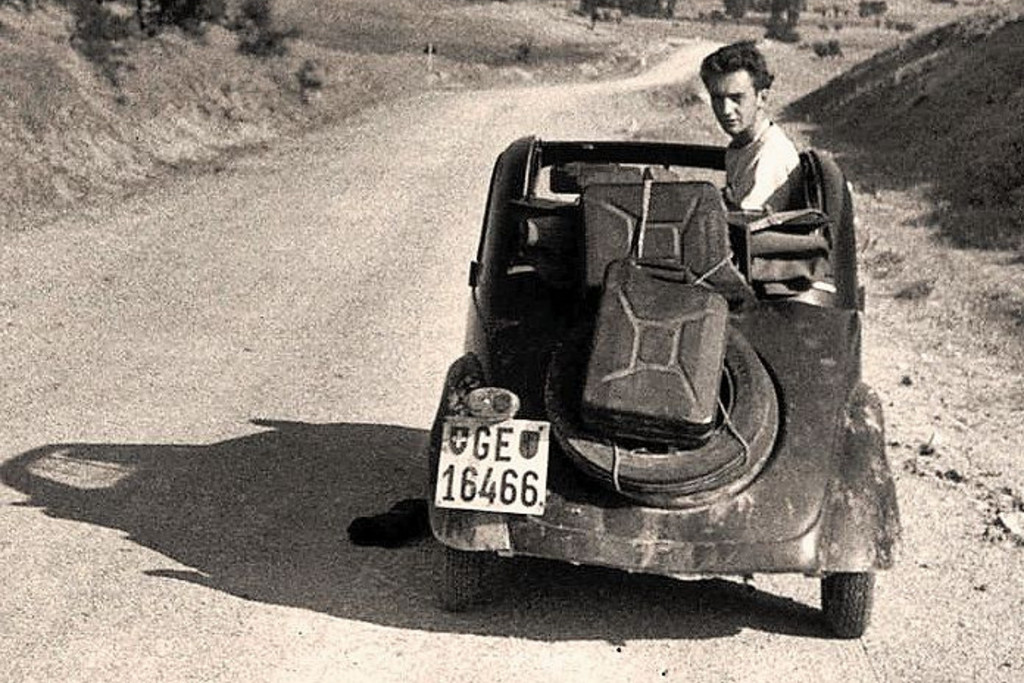
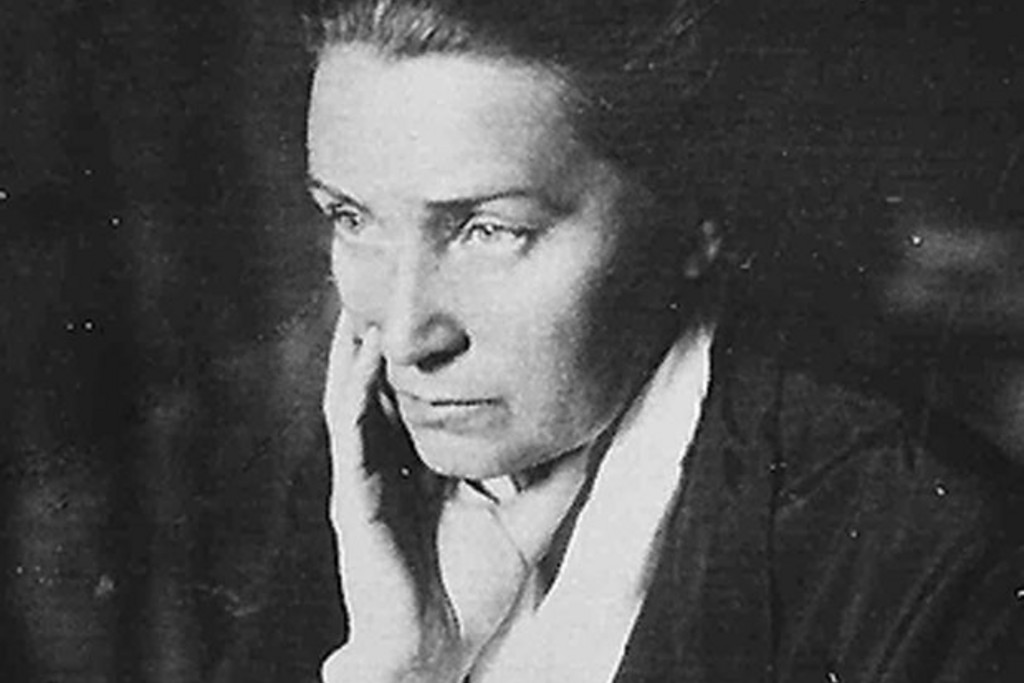


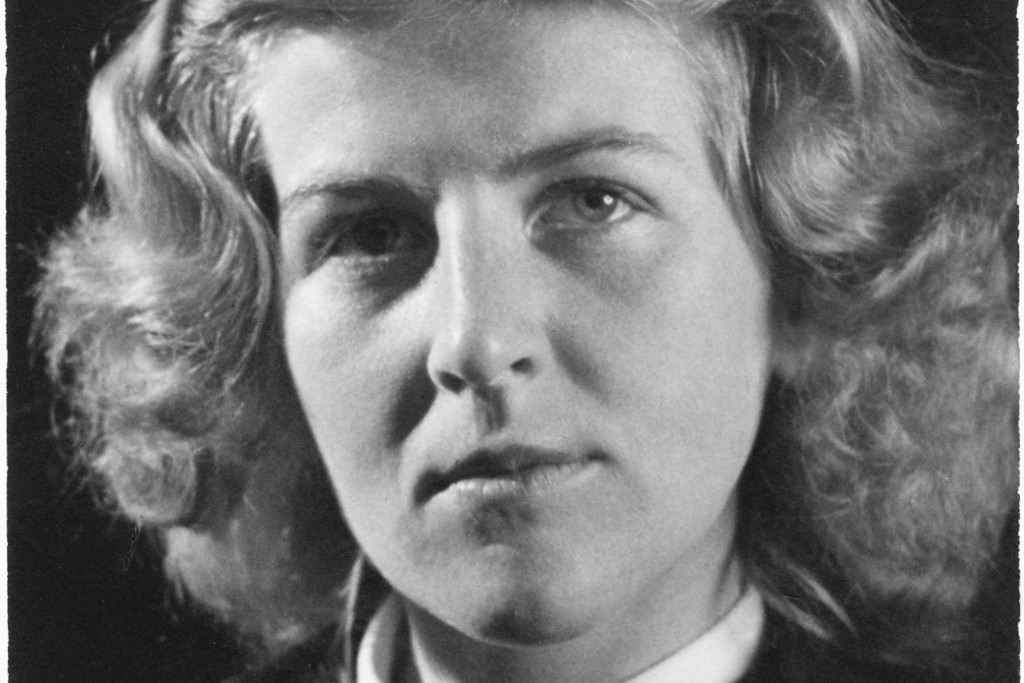
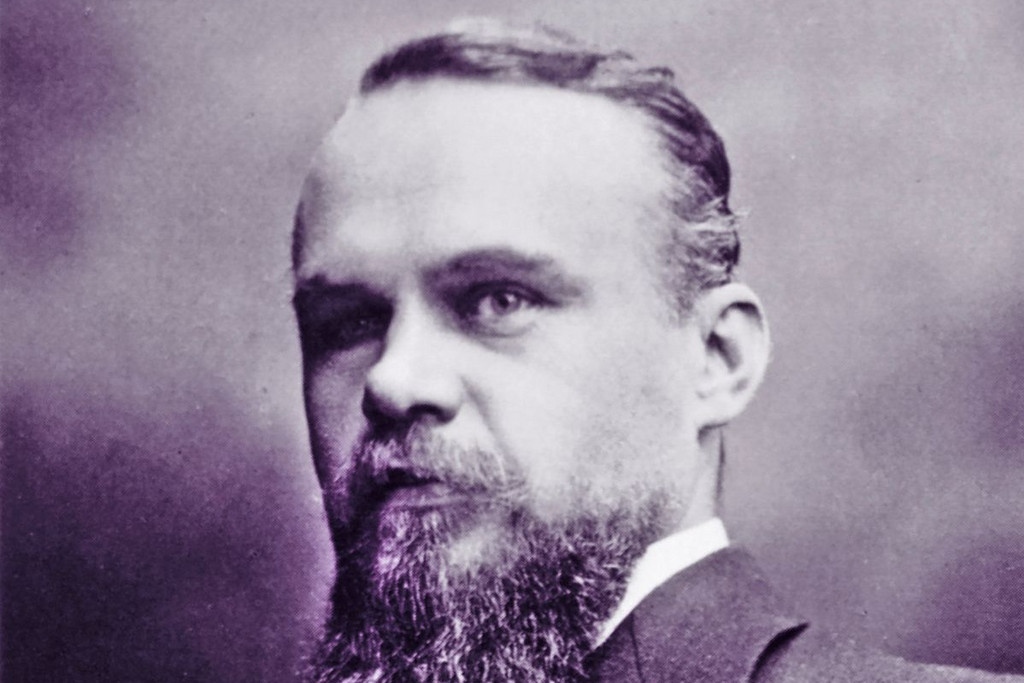
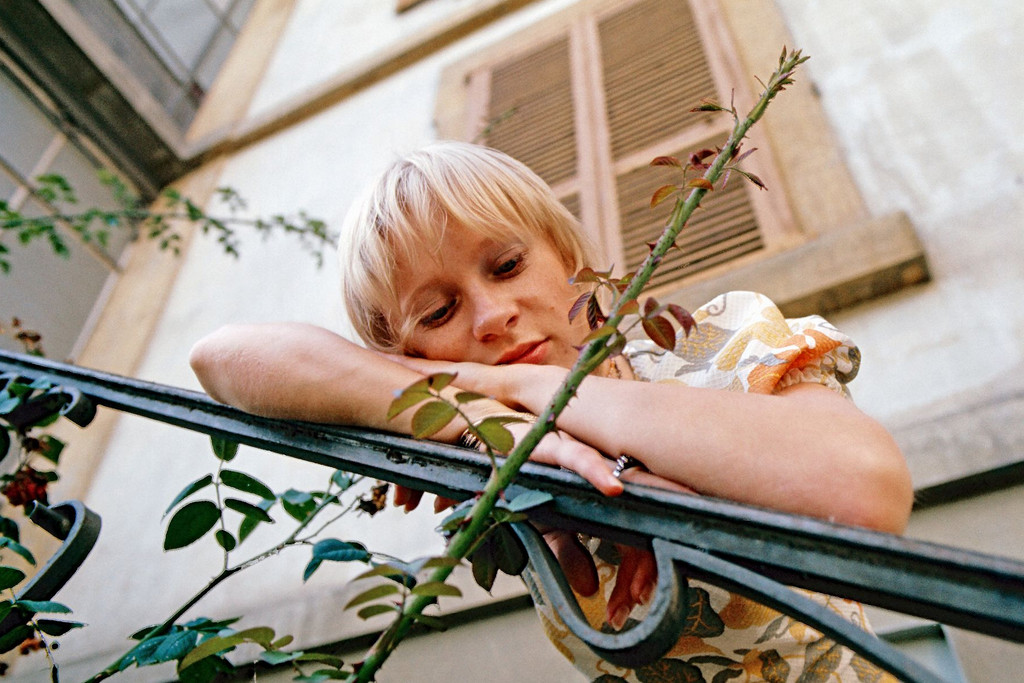
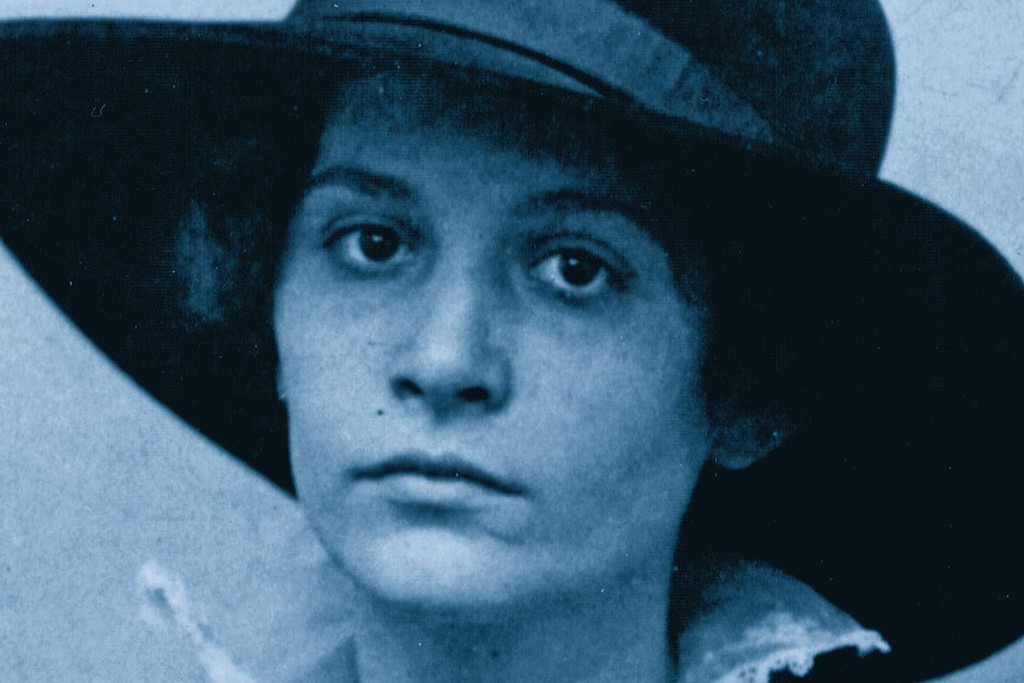



Comments